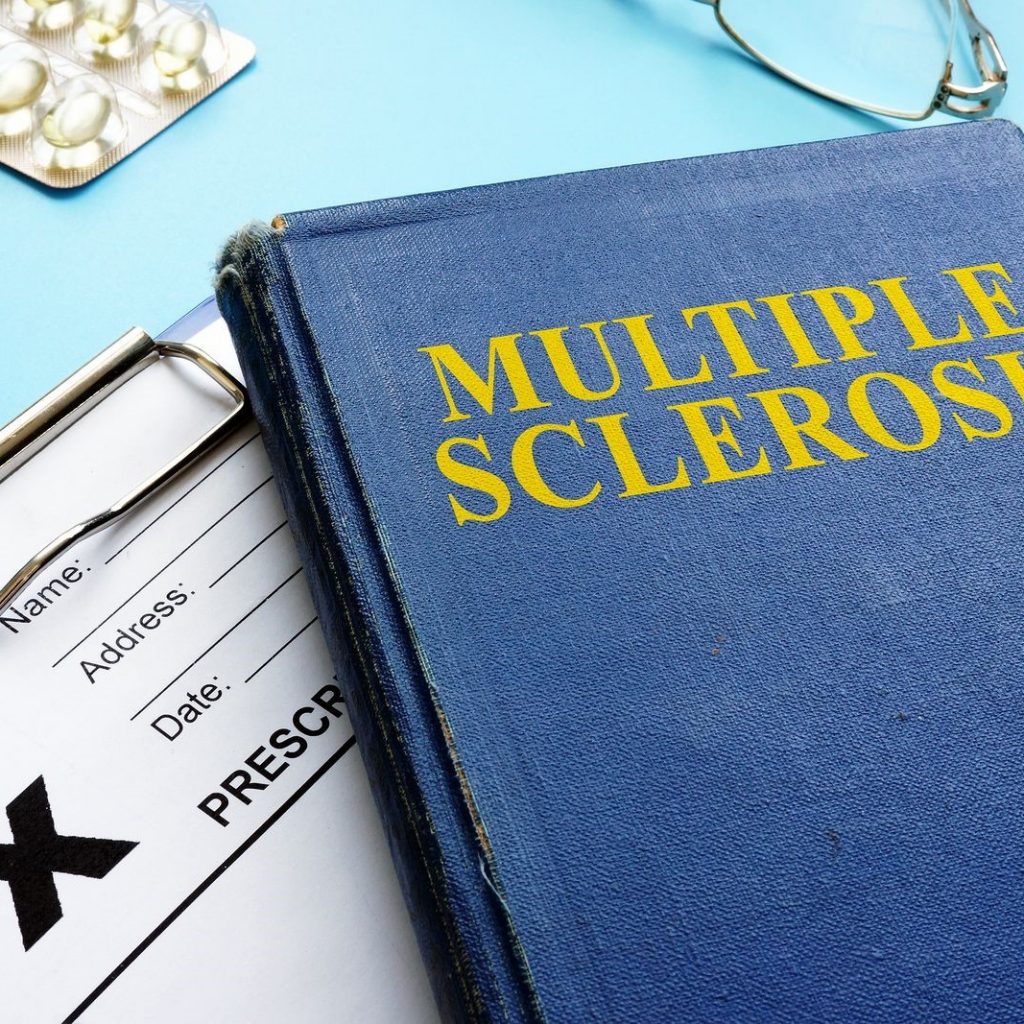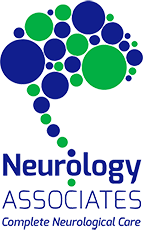
Dystonia: A Comprehensive Guide by Your Leesburg Neurology Expert
Dystonia is a neurological movement disorder that causes involuntary muscle contractions, leading to repetitive movements, twisting, or abnormal postures. It can affect a single muscle, a group of muscles, or the entire body, and its severity varies widely among individuals.

3 Urgent Reasons to See Your Neurologist in Leesburg, VA After a Syncope Episode
Ever experienced a fainting spell? It may be a syncope episode. Find out why your neurologist in Leesburg, VA recommends getting checked as soon as possible.

Alzheimer’s Disease: A Neurologist’s In-Depth Guide
In Alzheimer’s disease, there is significant neuron loss and dysfunction, leading to disrupted neurological processes. Memory, language, reasoning, and social behavior areas deteriorate, sadly resulting in a loss of independence.

Learn the Truth About Epilepsy
Epilepsy is a disorder in the central nervous system commonly recognized for the seizures caused by abnormal brain activity.

Common Misconceptions about Multiple Sclerosis
While Multiple Sclerosis currently has no definitive cure, there are various medications, treatments, and strategies to manage its symptoms and quality of life.

Exploring the New Frontier in Alzheimer’s Disease Treatment
Recent developments in disease-modifying therapies (DMTs) have been introduced that are promising treatments for Alzheimer's disease.

Dispelling the Myths about Parkinson’s Disease
Parkinson's disease is a progressive neurological disorder that primarily affects movement. It is characterized by tremors, stiffness, and difficulty with balance and coordination. The symptoms gradually worsen over time, and while there is no cure, treatments are available to manage the symptoms.

A Comprehensive Guide to Frontotemporal Dementia by Your Leesburg Neurology Expert
Frontotemporal Dementia (FTD) is a form of dementia and a condition that significantly affects individuals and their loved ones.

Understanding Sleep Apnea in Neurology
Understanding sleep apnea from a neurological viewpoint highlights the importance of recognizing and treating this sleep disorder. It is not only a matter of improving sleep quality but also of preserving cognitive function and neurological health.

Restless Leg Syndrome: A Neurology Specialist Discusses the Impact of RLS
Often misunderstood as merely a bad habit or a sign of nervousness, restless leg syndrome is a genuine medical condition that can impact the quality of life and sleep patterns of those affected.



